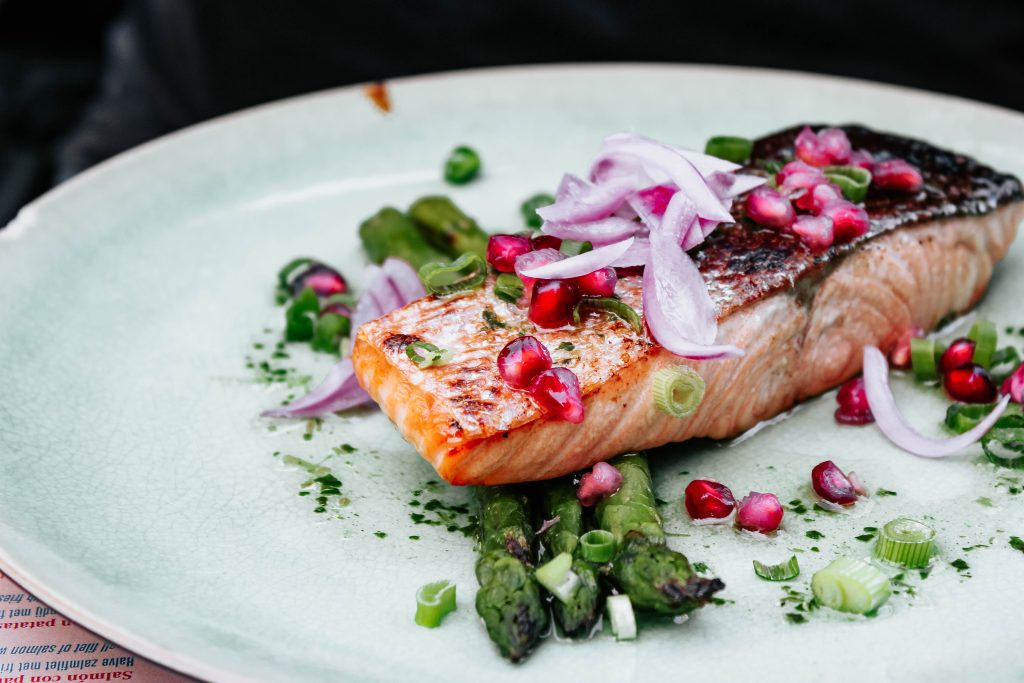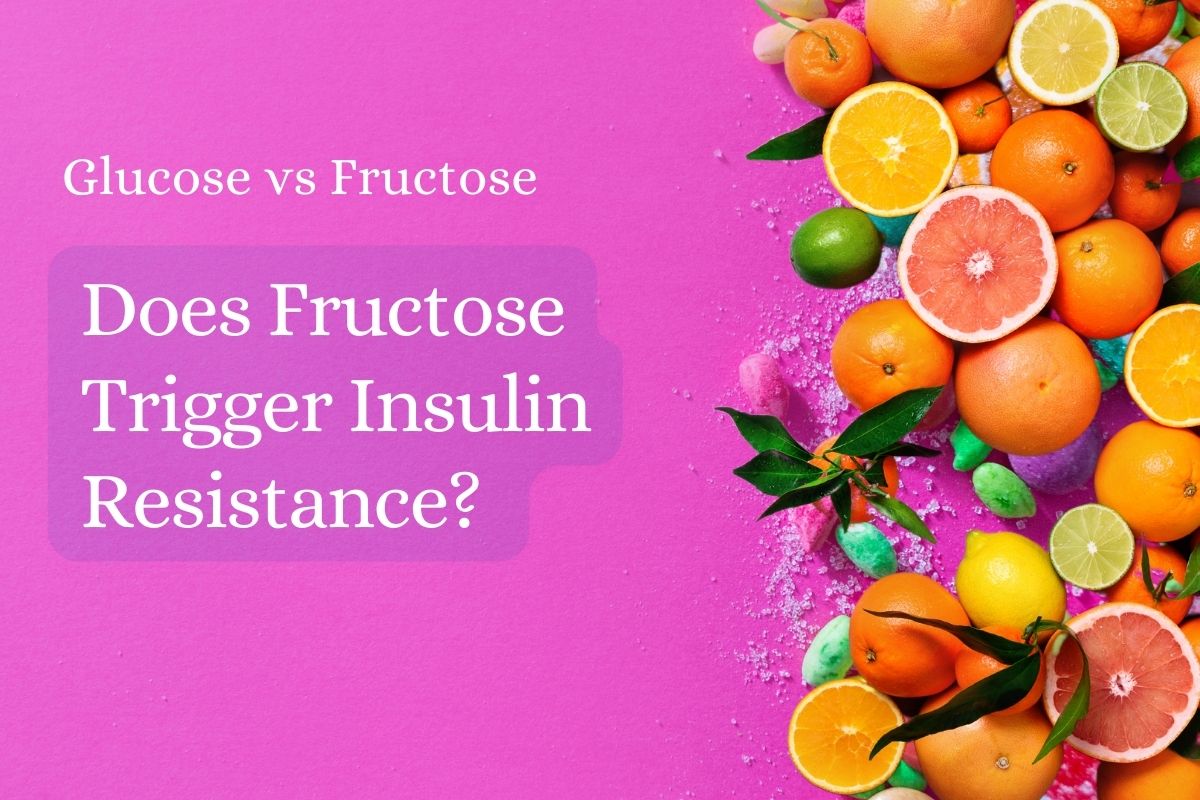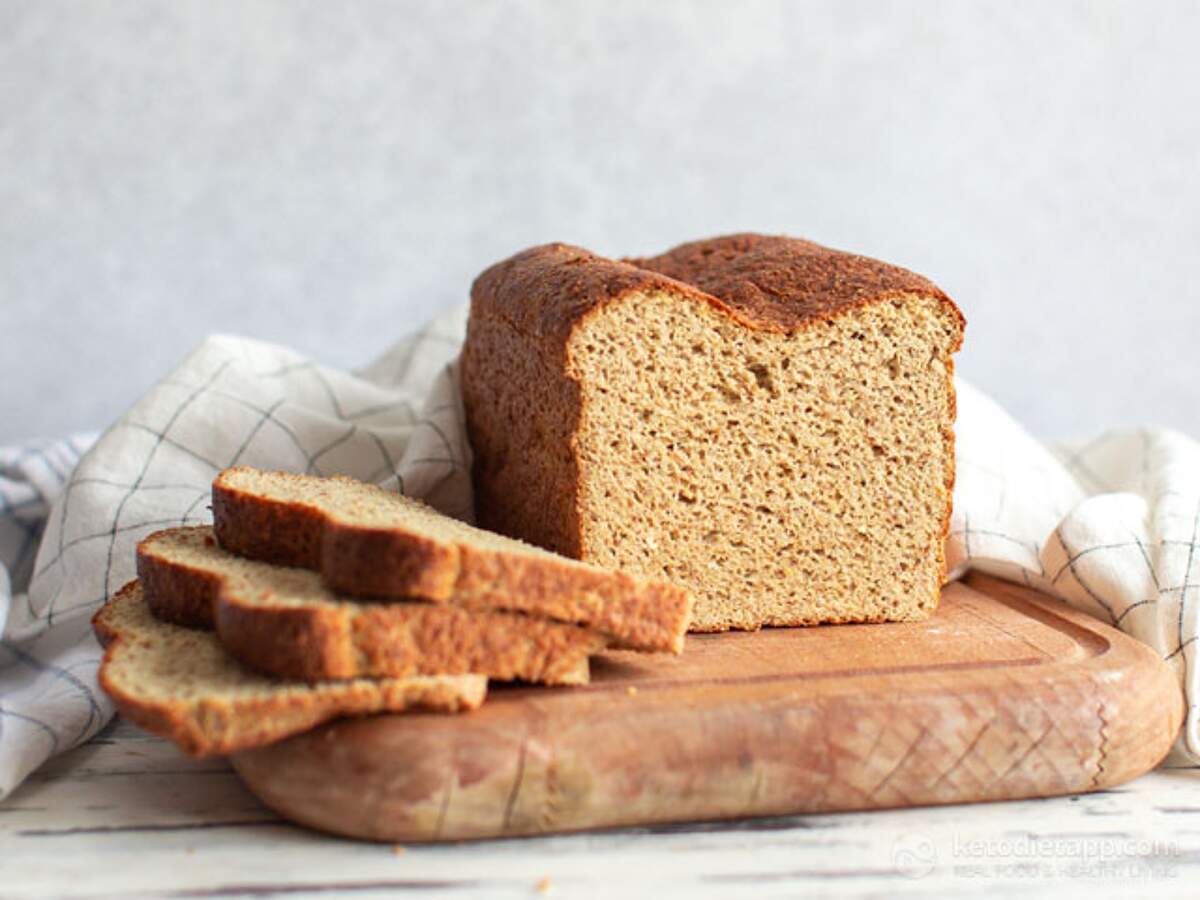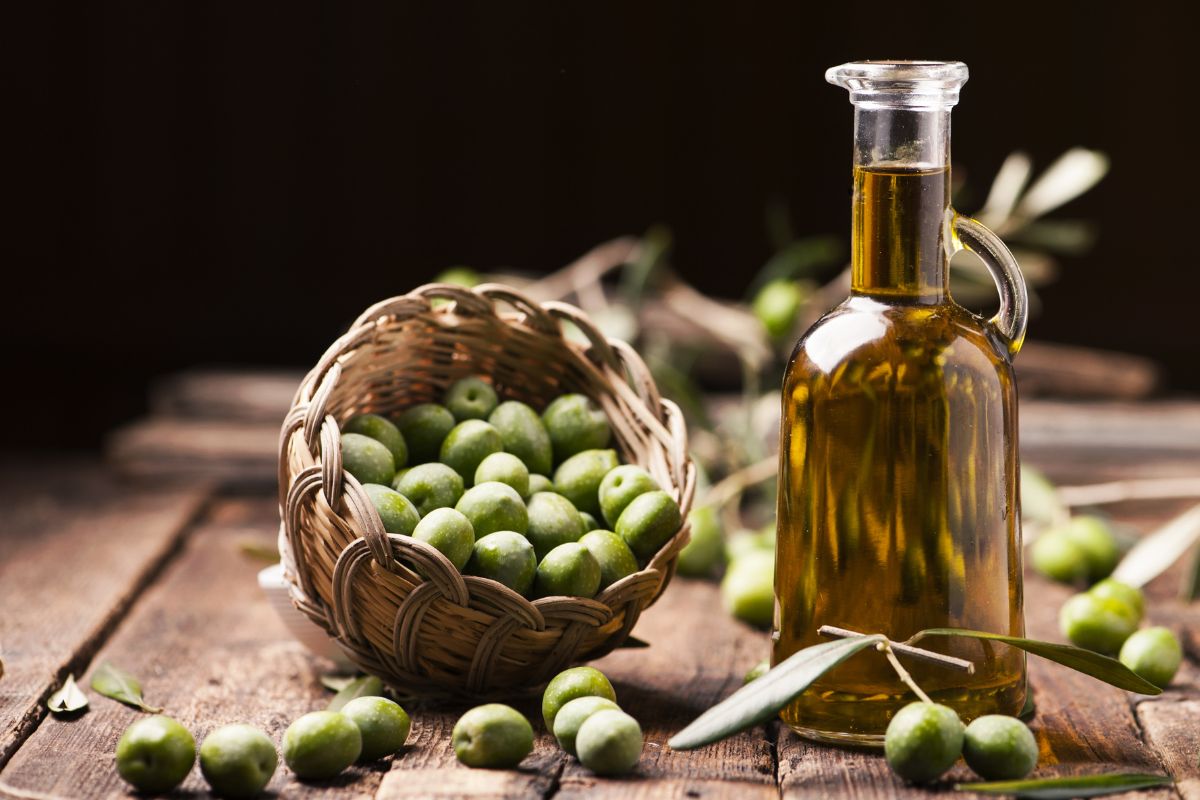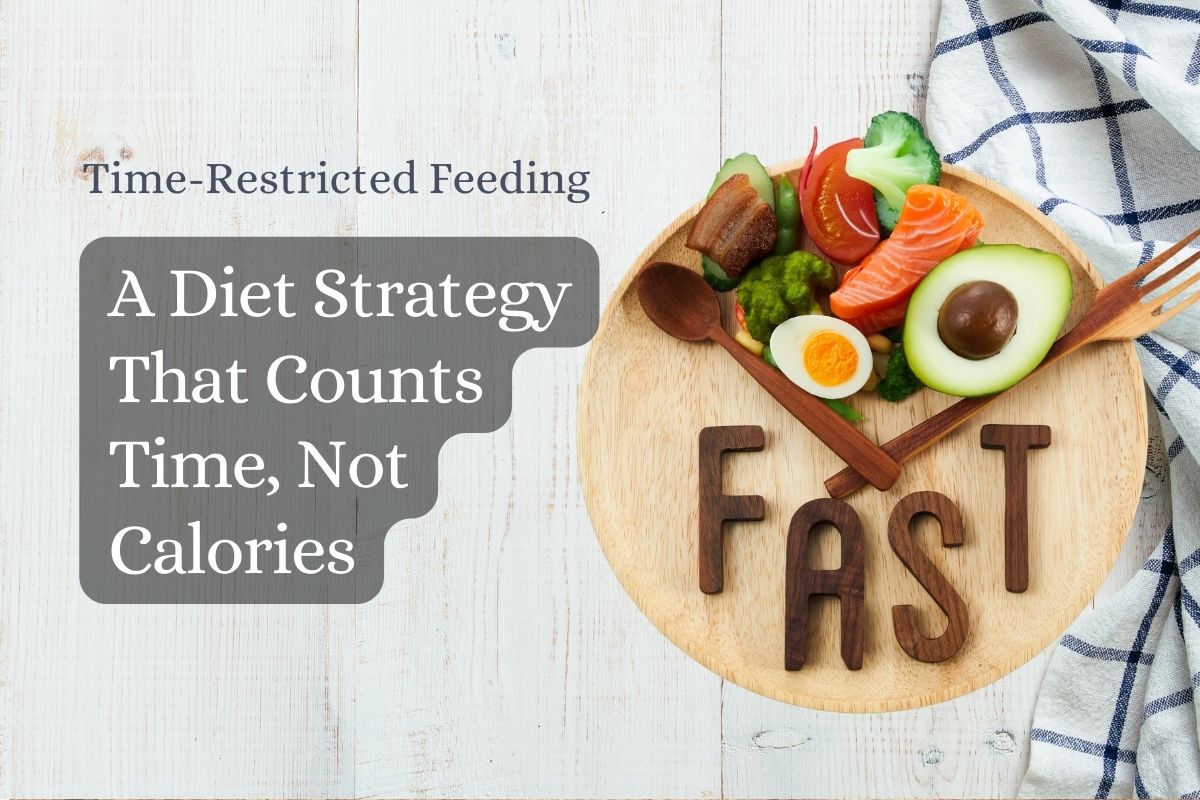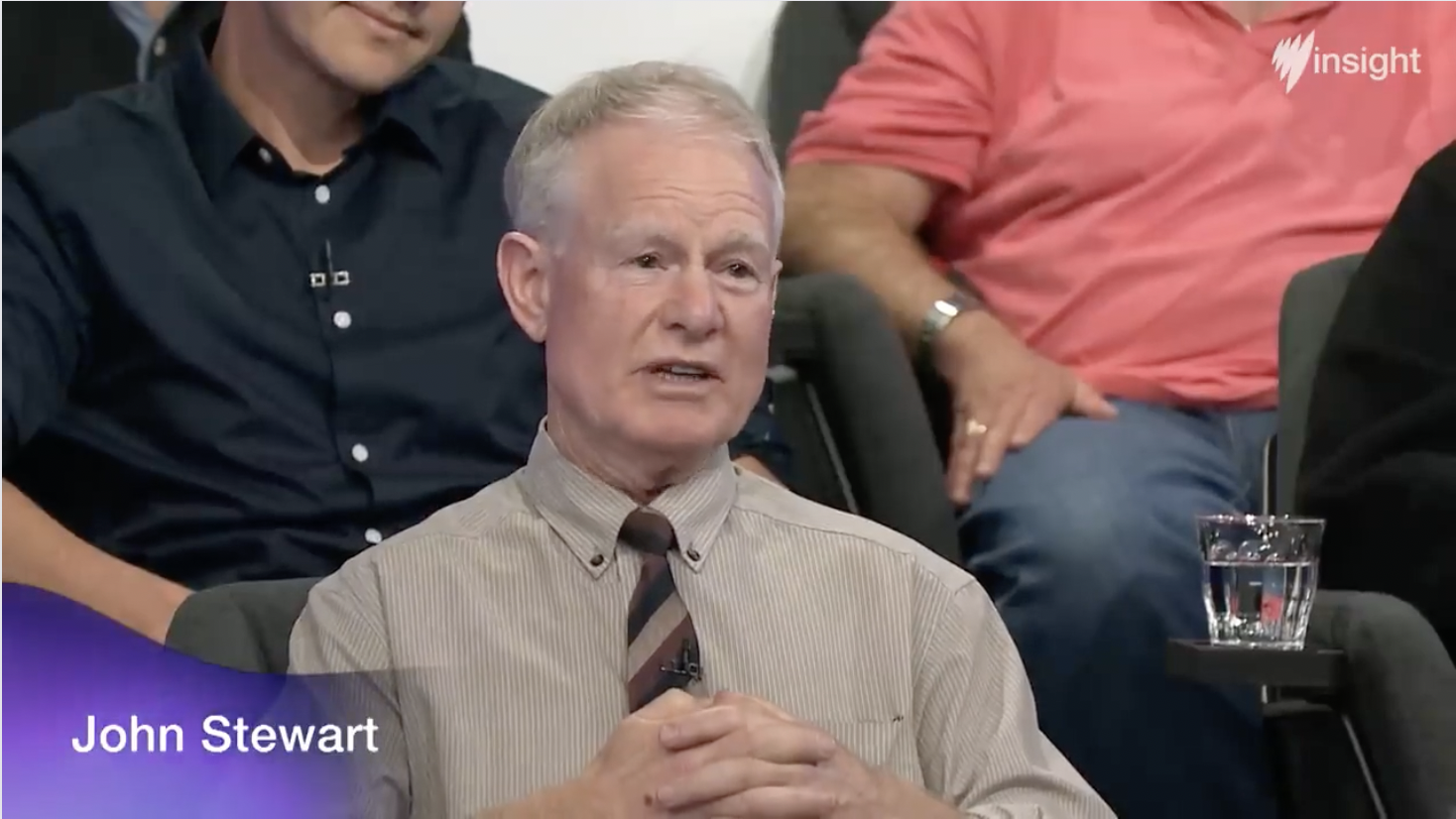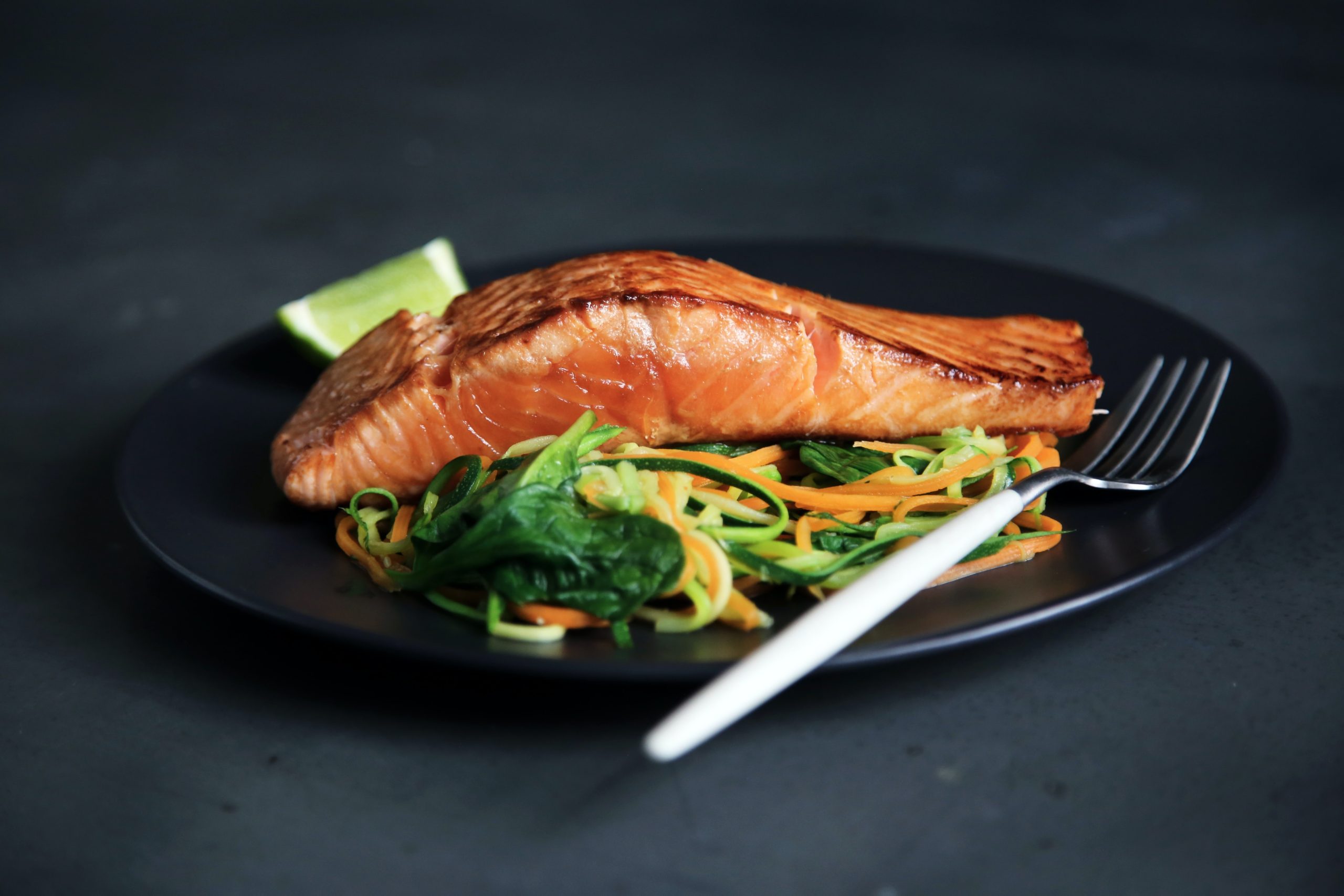

Most of us, as we age, are challenged by increasing weight.
The 2 major factors in weight loss are
Dr Ben Bickman and other researchers working in this area suggest that it is 50/50 the above 2 factors. The ability to reduce your sugar intake will in turn reduce your body's need to produce insulin, which will in turn help make your cells more sensitive to insulin and reduce your propensity to store fat. Insulin is very efficient at turning on the cellular biochemical processes that cause us to store fat.
The good news is that with this new understanding of the importance of avoiding sugar and high glycaemic index foods it is quite “do able” to lose weight.
Below are 12 rules I have lived by, backed by science, in my journey losing 13+ kg between the ages of 57 and 60.
If you are hungry you are more likely to be tempted to eat something sweet or a high glycaemic index food like one of cardiologist Dr Ross Walker’s “4 white poisons” ( bread, rice, pasta, and potato). Providing you do not have high blood pressure you do not have to restrict your salt intake to 5 grams a day. Research has proven salt is no longer the demon we thought it was. Salt will help make your food more appetizing. Over a month you will adapt to the absence of the sweet taste of food.
The Dr Michael Mosley video on the 5:2 diet, a BBC production is worth watching. Millions of people have used the 5:2 diet to lose weight.
Measure your fasting blood glucose in the morning with a glucometer. ($45 to $70 even without government subsidies) It should be less than 5.5. Ask your "low carb" doctor to also measure your HbA1c as part of your annual blood test panel. HbA1c gives an average of blood glucose over 3 months. Fasting insulin is also important but most doctors do not know of the research of Dr Joseph Kraft showing elevated insulin precedes abnormally elevated blood glucose by approximately 10 years. Ask for Fasting insulin to be measured. You must refrain from eating breakfast before going for your blood test if you want the results to reflect your metabolic health.
https://en.wikipedia.org/wiki/Glycated_hemoglobin
If you are pre-diabetic try changing your diet (low sugar, low glycaemic index, high healthy fat)
High-intensity exercise comes much later when you have a sound aerobic foundation to your fitness. High-intensity exercise is hard, and for some, it will never be part of their routine. Strength training ( eg lifting weights) maintains and develops your muscle mass which helps control your blood glucose. Dr Rangan Chatterjee's “5-minute kitchen work out” is something that is simple and requires no additional equipment.
Monosaturated oils like those contained in extra virgin olive oil and avocados will become an important part of your diet. Avoid trans fats used in foods which have a long shelf life eg pies, doughnuts etc. Polyunsaturated seed oils like canola, sunflower, soya bean and safflower are off the list. The latter are potentially subject to oxidation which places an increased oxidative stress on your cells.
Making vegetable and fruit smoothies has helped me to increase my fibre intake. Frozen blueberries, strawberries, blackberries, raspberries etc are a lot cheaper than their fresh counterpart. Avoid ripe bananas and sweet apples like fuji. The fructose in ripe fruit is particularly bad for our attempts to reverse the much too common "fatty " liver. Get your fibre from above the ground vegetables not fruit
If you think about the men and women in a cave hundreds of thousands of years ago, they did not have the plentiful supply of food that most of us in the Western world have today. In addition, the food supply was intermittent, especially during winter if they lived in a country where it snowed. Because they were hunter-gatherers they were active daily. We as a species in the western world do not get enough exercise. Our bodies have evolved to need exercise. When we don't give our bodies enough exercise things go wrong.
I'm quite pessimistic about this. If you look at the increasing trend towards obesity, there are few incentives for the person who is becoming obese, to reverse this. Almost never does the fat person link their consumption of bread, rice, pasta, potato and sugar with their obesity. Why is this link not taught in schools and by every health professional? Fat people do not like being fat. It is not their fault that they do not understand the link between eating sugar and starch, the release of insulin and their subsequent weight gain.
We need a sugar tax. It has worked in Mexico to reduce type 2 diabetes. Our taxpayer-funded health care system requires taxpayer dollars to deal with the ill-health that comes with obesity. In our "politically correct" society it is considered unacceptable for employers to discriminate against someone who is obese even if this means that they are slow at doing tasks, they lack the physical fitness to do manual labour and they have more sick days. The biology is simple. Fat cells produce inflammatory substances called cytokines. A fat person in their pro-inflammatory state is a higher risk for cancer, heart attack, stroke and they are more likely to be depressed and because of their mental state less productive in the workplace. ( absence vs presenteeism)
People who are on the way to becoming obese are in the majority. Politicians respond to votes. Where is the incentive for the government to do something about it? Certainly governments recognise that they have much larger healthcare bills because of the diseases that result from an obese population, but they are powerless because of our democratic society to make any tough decisions. We cannot even pass legislation to add a tax to the sale of sugary drinks. This tax has had a beneficial effect on the sale of sugary soft drinks in Mexico.
Smoking was considered acceptable in the 1960s, despite the fact that scientists knew that it was causing cancer. We need to educate, starting in primary schools, and make people aware of the problems associated with obesity. We should make heroes out of people who are able to lose weight. I am concerned to see that more and more TV advertisements are now using people who are overweight. Fast food outlets need to offer almond meal bread as an alternative to high glycaemic index wheat-based bread
References
Unwin D, Haslam D, Livesey G. It is the glycaemic response to, not the carbohydrate content of food that matters in diabetes and obesity: The glycaemic index revisited. Journal of Insulin Resistance. 2016;1(1), a8. http://dx.doi.org/10.4102/jir. v1i1.8
